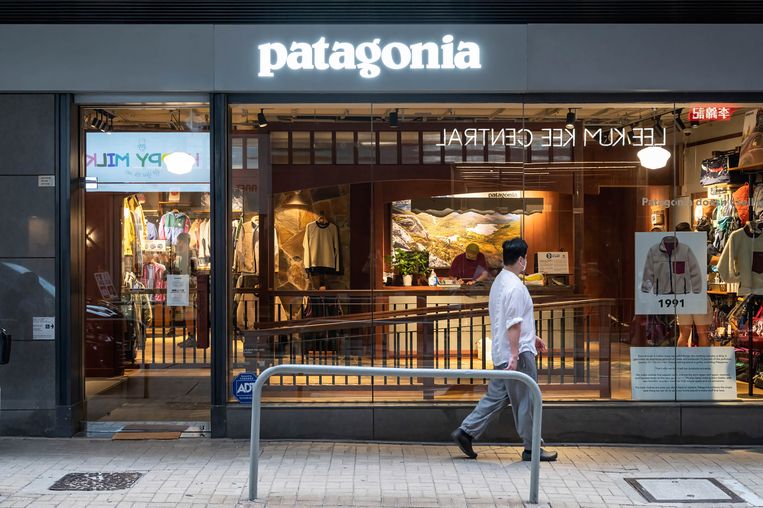What are the main conclusions from the Follow The Money article?
The platform spoke to employees of one of Patagonia’s suppliers in Sri Lanka. They talked about the heavy workload in the factory, often working more than 80 hours a week. Patagonia also aims to pay all people who make their clothes a “living wage” from 2025, but Currently only 40 percent of factories do this.
Patagonia states that it does not make the clothes itself and therefore has no control over the wages paid by sub-suppliers. We hear this tone a lot and it is not true. There is a direct link between what companies pay their suppliers and the wages that workers receive. You may not know right away if the amounts will amount to employees, but you can monitor them, for example, order payroll.
Patagonia produces some of its clothing in the same factories as Zara and Primark. Is a sustainable corporate image all wrong?

“It’s not that companies produce in the same factory that you can completely smear it with the same brush. Patagonia, obviously Due diligence-research (For the correctness of the information provided, ed.) It was not comprehensive enough and therefore not sufficiently aware of the impact of production on people. You can see that the company is very active on an environmental level and this approach is definitely paying off. Because when it comes to the impact of apparel production on the environment, Patagonia is a leader.
“But a green brand is not necessarily a social brand: In addition to greenwashing, you also have a social service. The latter gets much less attention, but it is important.”
As a consumer, how do you know if clothing manufacturers are producing ethically and sustainably?
“We do an annual fashion auditor with the Clean Clothes Campaign. We also check which companies are transparent about their production process. We do field research at factories and then show consumers what wages employees receive or how the chain operates. People can use this app, but in general Green and Social Wash isn’t easy to puncture.If you’ve bought a shirt for €3, you know it’s almost impossible for the garment workers to get a fair price for it.
“But with an expensive piece of clothing, you also don’t know if a higher profit margin also resulted in a better payout. By the way, you can’t expect all consumers to do research every time before they buy a piece of clothing, which is why they should Introduce more laws.On June 1, the European Parliament gave the go-ahead to propose a binding Duty of Care Directive, which regulates companies’ responsibilities in relation to human rights and the environment.This still needs more negotiation, but it’s a good thing.Moreover, there are similar measures It is also on the negotiating table in other countries.
Will following the money article do permanent damage to Patagonia’s image?
“A group of people closely follow the news about the apparel industry and make conscious purchases, but it remains a niche. Corporate ad campaigns are often closely viewed. It’s hard for NGOs to compete against such massive communication. You can try to push something up or correct it,” But only a part of the people can see that. However, it is still important to denounce this kind of social washing. It also creates unequal competition for companies that communicate honestly.”

“Total coffee specialist. Hardcore reader. Incurable music scholar. Web guru. Freelance troublemaker. Problem solver. Travel trailblazer.”







More Stories
Bitcoin price rises after new jobs data from US
European stock markets open higher | beursduivel.be
Russia’s oil imports to China decline